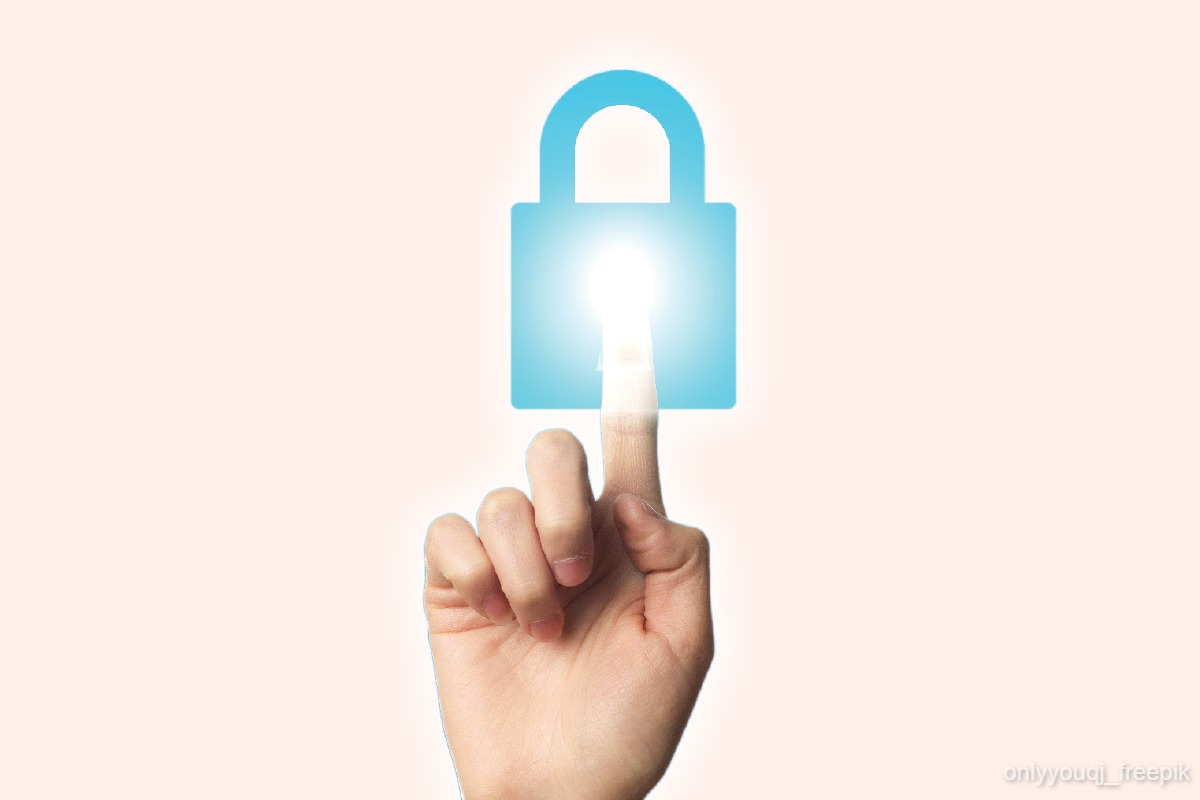This article first appeared in Digital Edge, The Edge Malaysia Weekly on August 11, 2025 – August 17, 2025
As quantum computing gains traction, quantum key distribution (QKD), which ensures secure communication by using quantum mechanics to generate and distribute cryptographic keys that protect transmitted data, is quickly becoming a vital part of digital communication.
“[QKD] means you can exchange secret information between two parties, where nobody can see or spy on your communication. This is using quantum mechanics to exchange information, and by using this method, you can secure your information,” said Anandaraman Sankaran, strategic partnerships and marketing lead at Toshiba, at the inaugural International Connectivity Conference & Expo 2025 in Kuala Lumpur on July 30 and 31.
Quantum computing is vastly different from traditional computing as it leverages quantum mechanics. While traditional computing uses bits — data comprising 1s and 0s — to process information, quantum computing utilises qubits, which can exist as 1s and 0s simultaneously. This allows quantum computers to process data much faster than even the most powerful supercomputer currently available.
QKD makes use of quantum mechanics to generate and distribute cryptographic keys that can be shared by two or more parties to secure their communication. It is also able to detect unauthorised persons trying to intercept or access the key.
Essentially, QKD allows users to transmit data using photon particles, which must be delivered to another QKD-linked device for the data to be received.
Anandaraman explained that if anyone tries to intercept the communication, the photon particles will be disrupted and the data turns into gibberish. This approach to securing communication is no longer a luxury that only certain companies can adopt, but is quickly becoming a necessity for all organisations to keep their private data secure.
Robert Bedington, co-founder and chief technology officer at SpeQtral, during the panel discussion on “Quantum Technologies with a Special Focus on Quantum Communication”, highlighted how quantum computing is changing the approach to current cryptography methods.
He noted that traditional cryptographic methods to secure data require a lot of processing power. It can take weeks or months for a computer to break through even one cryptographic key.
But quantum computing is so fast that it can bypass such keys swiftly, even instantly in some cases. Thus, businesses need to find a new way to encrypt their private data being dispensed across public networks swiftly, as bad actors are currently biding their time.
“Right now, cybercriminals of the world are harvesting all the data which are passing over the public networks and they’re taking copies of the encryption keys, the public keys that we use to do RSA and Elliptic Curve Cryptography [the main standards for encrypting data], and they’re storing all of these, waiting for the day when they have access to powerful quantum computers to crack and read everything that’s passing over the public networks today,” said Bedington.
Singapore-based SpeQtral manufactures commercial quantum communication systems. The company is currently collaborating with Toshiba to offer QKD solutions to businesses.
Anandaraman pointed out that academics, researchers, telcos, banks and others in the financial sector as well as quantum computing groups are looking at quantum data to future-proof security, by securing their networks with QKD systems.
“Whoever has long-term confidential data needs to adopt quantum technologies. From that point of view, the financial sector is one of the leading markets that is working very seriously on quantum strategies,” he added.
Bedington also highlighted post-quantum cryptography (PQC) as another potential solution to deal with the coming cybersecurity threats.
“PQC is a software-based solution. It is quicker and cheaper to implement, but it’s not provably secure. So if you need to do something fast or right away, then post-quantum cryptography could be the answer. However, be aware that it is only thought to be secure against quantum computers, but there’s no proof of this,” he said.
“Quantum computers of the future will be incredibly powerful. We don’t exactly know how they will work or what they will look like, so that’s why we can’t be fully confident in PQC.”
QKD has proved secure against computational attacks, be it via traditional or quantum computing. Still, that does not mean PQC should be discounted, as Bedington explained that the QKD and PQC systems will likely complement each other in enhancing quantum resilience.
QKD keys can be distributed through satellites for global coverage, while QKD over fibre-optic cables can be used for metropolitan communication (up to 100km).
Once quantum computers have been set up to enable quantum communication, the next step is to establish a wider network connecting all these computers. This is what Malaysians can expect to see in the years ahead.
Save by subscribing to us for
your print and/or
digital copy.
P/S: The Edge is also available on
Apple’s App Store and
Android’s Google Play.
